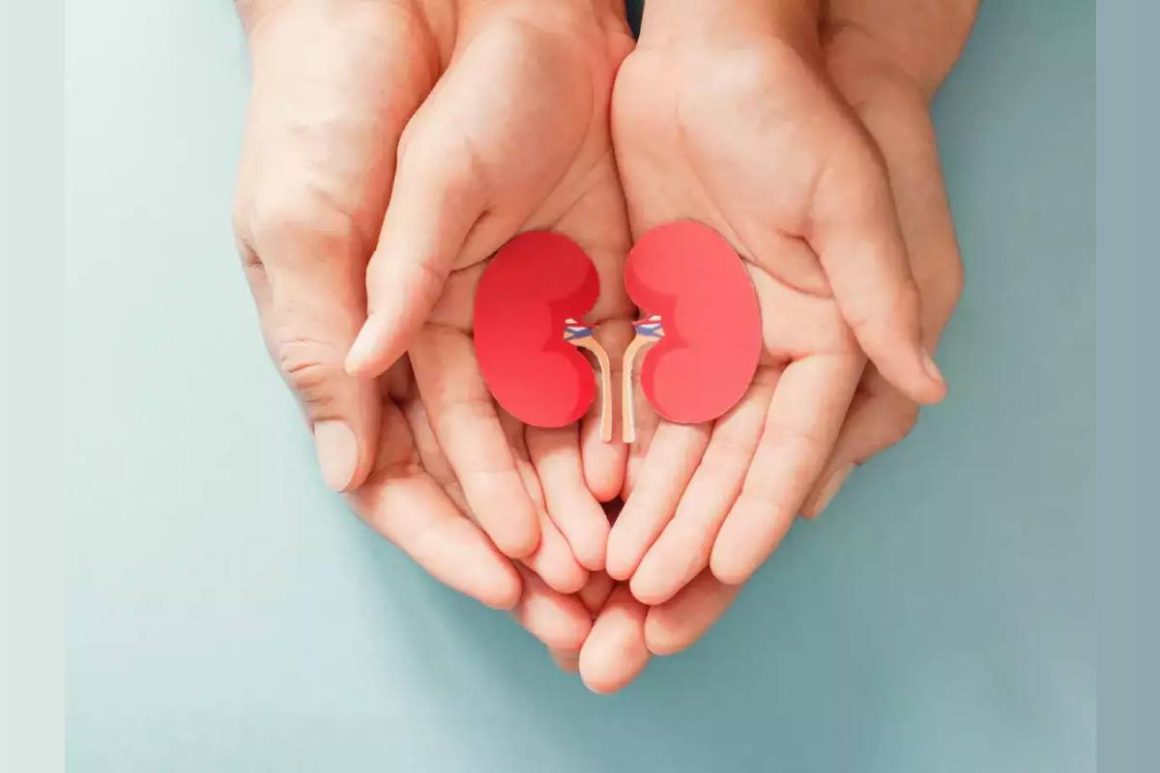Healthy Habits That Promote Kidney Health
Kidney health is essential for overall well-being and should be a top priority. Good habits are key to keeping your kidneys healthy, and there are a few easy and simple habits to help you make sure your kidneys stay in tip top shape. In this article, you’ll learn about 10 healthy habits that will promote kidney health. Eating a balanced diet, staying hydrated, exercising regularly, getting enough rest, and managing stress are all essential for kidney health. Additionally, avoiding smoking, limiting alcohol intake, and avoiding certain medications can help keep your kidneys healthy. These healthy habits are easy to incorporate into your lifestyle and will help you protect your kidneys for years to come.
Table of Contents
Eating a Balanced Diet
A balanced diet that is rich in whole grains, fruits, and vegetables will provide the nutrients necessary for overall kidney health. A diet that is rich in protein and low in sodium can also help promote kidney health. However, it is important to note that a healthy diet alone is not enough to protect your kidneys from disease. If you have existing kidney disease, you should be careful about what you eat and talk to your doctor about what diet modifications you should make. To help protect your kidneys from disease, you should aim for a diet that is rich in antioxidants, fiber, potassium, and magnesium. A diet rich in these nutrients can help protect your kidneys from oxidative damage and lower your risk of chronic diseases, like kidney disease. Taking nutrient dense supplements like Quercetin is an efficient way to ensure that you are meeting your daily vitamin intake needs. Furthermore, a diet that is rich in protein can help promote muscle strength and healthy blood pressure, which can be helpful for people with kidney disease.
Staying Hydrated
Staying hydrated is important for overall health, but it is especially important for people with kidney disease. Dehydration can lead to kidney stones, which are often painful and can lead to infection. Chronic dehydration is also associated with kidney disease, as your kidneys filter out toxins released by the body. To stay hydrated, drink plenty of water and other non-sugary beverages. Avoid sugary drinks as they may cause high blood sugar, which can increase your risk of kidney disease. Additionally, certain drinks, like alcohol and caffeine, may dehydrate you and cause you to become even more water deficient. To ensure you are staying hydrated, try carrying around a water bottle with you during the day. If you are feeling thirsty, you can take a few sips of water to stay hydrated. In addition, you can consult your doctor and take a dehydration IV infusion, which will rehydrate your body quickly and effectively.. By paying attention to your hydration level, you can minimize the risk of kidney stones and protect your kidneys from disease.
Exercising Regularly
Regular exercise has many benefits, including promoting good kidney health. Regular exercise helps increase your metabolism, which can lead to lower blood sugar levels. Additionally, regular exercise can help improve your mental health, which can be helpful for people with depression or anxiety that may be associated with kidney disease. Exercising regularly will help keep your blood pressure in check and your blood sugar at healthy levels. Additionally, regular exercise can help you lose weight, which can help prevent or slow the progression of kidney disease. Exercising regularly can help protect your kidneys from disease, but it is important to speak with your doctor about what type of exercise is best for you. For example, if you have high blood pressure, it may not be a good idea to do high-intensity exercise. Doing moderate exercises, like walking or swimming, are good options for people with high blood pressure.
Getting Enough Rest
Sleep is an often forgotten part of good health and can help promote kidney health. While chronic kidney disease can often go undiagnosed, sleeping less than seven hours a night can increase your risk of developing kidney disease. Additionally, poor sleep can negatively impact your metabolism, cause weight gain, and lead to anxiety and depression. Getting enough rest can help regulate your blood sugar, prevent weight gain, and lower your risk of developing kidney disease. Getting enough rest is important, but you should also be aware of the quality of your sleep. If you are having trouble sleeping, you can try adopting healthy habits that promote restful sleep. Avoid caffeine and alcohol close to your bedtime, create a dark and quiet space, and try meditating before bed. By practicing healthy sleep habits, you can help protect your kidneys from disease and improve your overall health.
Managing Stress
Managing stress is important for all aspects of your health, including your kidneys. When you are stressed, a hormone called cortisol is released, which can lead to poor kidney function. Over time, this can lead to chronic kidney disease. To protect your kidneys from stress, try exercising, eating a healthy diet, and getting enough sleep. Additionally, try to avoid sources of chronic stress, like financial or relationship issues. By managing your stress, you can help prevent your kidneys from declining, which can be helpful for people with chronic kidney disease. By taking care of your diet, exercising, sleeping, and managing your stress, you can help promote good kidney health and protect yourself from disease.
Avoiding Smoking
Smoking has been shown to be associated with chronic kidney disease and can negatively impact overall kidney health. People who smoke are two times more likely to develop kidney disease than non-smokers. Additionally, smoking can cause a decrease in kidney function and accelerate the progression of kidney disease. Kidney disease can be caused by a buildup of toxins in the bloodstream, which can lead to kidney failure. If you are a smoker, quitting can be difficult, but it can be helpful for your kidneys. Smoking is also expensive and can increase your healthcare costs significantly. If you smoke and have not been diagnosed with kidney disease, quitting now can help prevent you from developing the disease.
Limiting Alcohol Intake
If you have chronic kidney disease, you should avoid alcohol completely. If you have not been diagnosed with kidney disease, alcohol in moderation can be helpful. However, people with chronic kidney disease should avoid alcohol because it can cause a decline in kidney function. If you do drink alcohol, try to avoid beer and sugary drinks, as they are high in calories and can cause weight gain. Switching to wine can help prevent weight gain and reduce your risk of developing kidney disease. If you are diagnosed with chronic kidney disease, you should avoid alcohol completely. Alcohol can cause inflammation in your kidneys and worsen the progression of disease. Additionally, alcohol can be dehydrating and can worsen your risk of developing common kidney diseases. If you have been diagnosed with kidney disease, you should avoid alcohol to prevent further progression.
Avoiding Certain Medications
Certain medications can cause kidney function to decline if you have chronic kidney disease. Therefore, it is important to be aware of which medications can be harmful for your kidneys and adjust your medications if needed. Certain antibiotics, diuretics, anti-inflammatory drugs, and cholesterol-lowering medications can cause harm to your kidneys. If you have kidney disease and take medications, be sure to speak with your doctor about how you should adjust your medication dosage. When you are diagnosed with chronic kidney disease, you should be aware of which medications can be harmful and avoid them, if possible. This will help protect your kidneys and reduce the risk of disease progression.
Conclusion
Healthy Habits That Promote Kidney Health – Kidney health is essential for overall health, and a few easy habits can help you protect your kidneys. You should eat a balanced diet, stay hydrated, exercise regularly, get enough rest, and manage your stress. Additionally, you should avoid smoking, limit your alcohol intake, and avoid certain medications. By eating a balanced diet, staying hydrated, exercising regularly, getting enough rest, and managing stress, you can protect your kidneys from disease and promote overall health.


